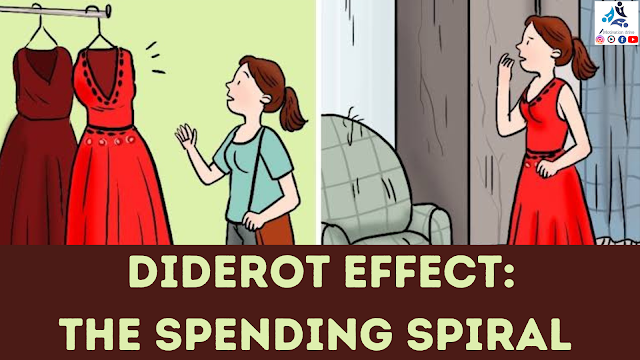Introduction Most people don’t fail because they lack ambition. They fail because they never pause to question direction. The Ladder Theory reveals a quiet but powerful truth about modern life: we spend years climbing—working harder, moving faster, chasing milestones—without ever asking if the ladder is leaning against the right wall. In a world that celebrates hustle, speed is praised. Progress is measured by promotions, income, recognition, and visibility. But very few conversations focus on whether that progress actually leads to a life that feels meaningful. This theory invites a pause. Not to slow ambition, but to realign it. The Story Behind the Ladder A man once carried a ladder. He was ambitious. Hungry to “reach the top.” All he needed was a wall to climb. He found one. Tall. Impressive. Everyone else was climbing it too. That alone felt reassuring. Without reflection, he assumed: “This must be the right one.” No pause. No questions. No alignment check. He pla...
Introduction
The Diderot effect term was first coined by, Grant McCracken, an anthropologist, and scholar of consumption patterns in 1988. It is named after a French philosopher, Denis Diderot (1713-1784), who first described this effect in an essay. It is a social phenomenon of a new possession that creates a spiral of dissatisfaction which leads to chain purchasing.Sustainable consumption is very important as a purchase or a gift creates dissatisfaction regarding the existing possessions. This provokes a potentially spiraling pattern of consumption that leads to negative social and psychological impacts. Commercials and various other marketing strategies that surround consumers, around the clock have far-reaching side effects and are damaging to individuals and families.
Examples of the Diderot Effect
1. When you buy a new dress, it creates the need for matching new shoes, accessories, handbags, etc.2. When you take a gym membership, it creates the need of buying new gym clothes, sports tape, meal plans, water bottles, etc.
3. On purchasing an expensive iPad, you need to buy a folding case, screen protectors, a stylus, spare chargers, etc.
The present age of the internet and social media allows marketing and advertisements to surround us continuously. We need to realize that we are not being sold a single product but rather a completely new lifestyle.
How to avoid the Diderot effect or chain purchasing?
1. Control your purchasing desire: By staying away from malls and other places, you can avoid the temptation to buy new things unnecessarily.2. Try rentals or second-hand items: When you shop for sporting equipment or narrow-use items, try second-hand items or rentals. For example, try your local libraries for books, DVDs, etc.
3. Avoid Spending due to Addiction: You might get addicted to spending especially if it acts like therapy during stress. When such things happen, try finding other ways of relieving stress or spending time.
4. Coordinated intervention: Try out larger societal solutions to this problem. You need to get involved in various organizations that work on consumer issues.
5. Know your triggers: Try to find out your triggers such as online shopping when you are bored or upset. You need to avoid the habit of online shopping and actively try to do something else.
6. Make new purchases that already ‘fit’ with other things you possess: This will significantly reduce the times when you get the feeling that you have nothing to wear even though your closet is full of clothes rather overflowing.
7. Decide for one month without buying something new: Decide that if you purchase something big this month, you will not indulge in any other big purchase for the next few months or at least one month.
3. Avoid Spending due to Addiction: You might get addicted to spending especially if it acts like therapy during stress. When such things happen, try finding other ways of relieving stress or spending time.
4. Coordinated intervention: Try out larger societal solutions to this problem. You need to get involved in various organizations that work on consumer issues.
5. Know your triggers: Try to find out your triggers such as online shopping when you are bored or upset. You need to avoid the habit of online shopping and actively try to do something else.
6. Make new purchases that already ‘fit’ with other things you possess: This will significantly reduce the times when you get the feeling that you have nothing to wear even though your closet is full of clothes rather overflowing.
7. Decide for one month without buying something new: Decide that if you purchase something big this month, you will not indulge in any other big purchase for the next few months or at least one month.


Comments
Post a Comment
Please do not add any spam link in the comment box